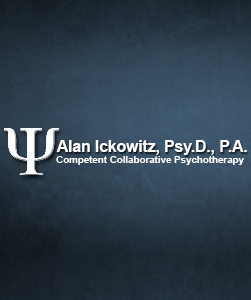Why We All Have ‘Control Issues’
We all hate, more than just about anything else, the experience that we are not in control. That we are helpless. That bad things happen to us and to loved ones that we cannot control and cannot prevent. Most psychological defenses that do not focus on protecting our self esteem exist to protect us from acknowledging this aspect of our existence. We would rather suffer all manner of negative experiences including feeling completely wretched about our own ‘badness’ than to acknowledge our lack of control. This can be most easily observed when we try to explain why a person who may have been the victim of some abuse or trauma can blame themselves for the experience when it is obvious to someone outside the situation that the person could in no way have been responsible for what occurred. The idea that I caused my own trauma is a defense to protect me from the truth that I was helpless and unable to protect myself because that truth can be experienced as even more threatening. This truth would mean a person can be harmed traumatically and not be able to protect themselves. If, on the other hand, I am responsible for the trauma, I can believe that I can do something about it moving forward and protect myself. And so, a child for example, will often tell themselves that they are ‘bad’ and deserve what happens to them so that they can believe that they can protect themselves by doing something different or being someone different in the future. In my practice as a psychologist in Tampa, I work with people in their individual psychotherapy to help them begin to accept the truth that they were not in control when they suffered painful and sometimes overwhelming trauma in their childhood, without feeling unprotected This allows the person to begin to heal as well as to begin to form a more accurate picture of who they are; a human being who is not essentially ‘bad’ but someone who has come to believe that in order to avoid the truth about their lack of control, a truth that is more manageable to integrate when it is done in a relationship with another and not completely alone.

